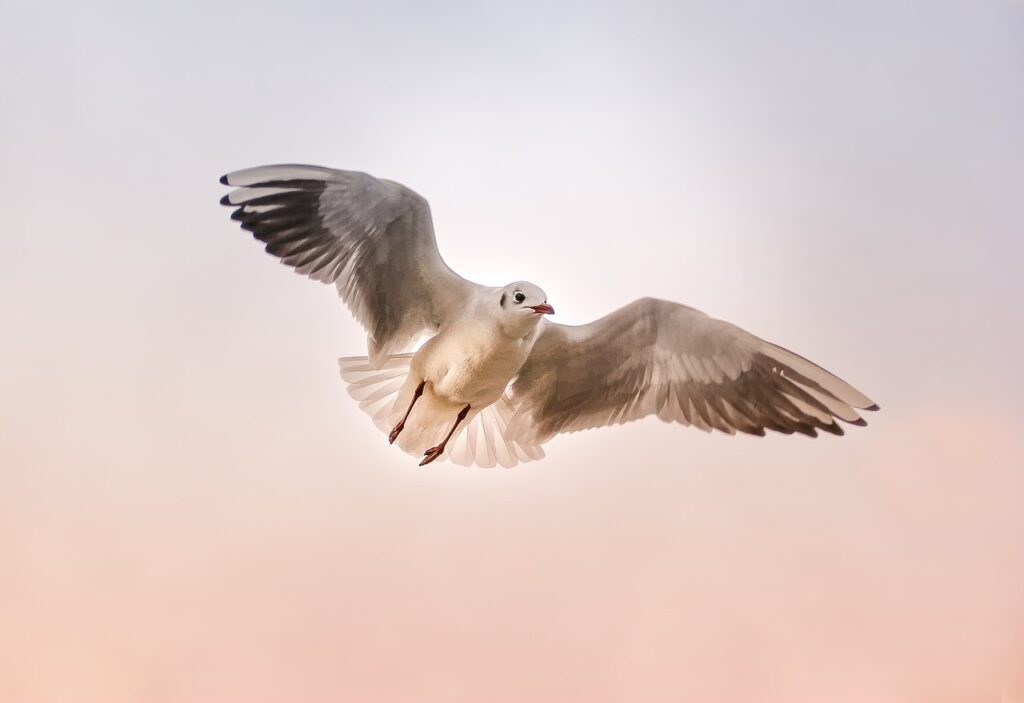

A Writer’s Keystone Habits
What are the keystone habits of a writer?
What is a keystone habit? A runner getting in five miles before taking their morning shower. A bicyclist riding those ten miles daily at lunch. A pianist playing major to minor scales to warm up. A basketball player making 100 perfect free throws after each practice. A chef sharpening her knives before cooking and after. A solid routine without thinking. That runner or bicyclist doesn’t look outside and see rain and head back to bed. They put on rain gear. That b-ball player makes that swish of the net almost every time in the game. That chef knows her knives are prepped to take on any obstacle in the kitchen.
These keystone habits are set in stone, internally, and make their lives more positive from the benefit of confidence, work performance, relationships, achieving goals, and finding the groove to take on more challenges. These keystone habits people introduce into their routines carry over into other aspects of their lives and become routines and practices by which they operate.
What writing habits should be set in stone, internally?
1. Willpower, the self-control to write. A writer must write.
“If my doctor told me I had only six minutes to live, I wouldn’t brood. I’d type a little faster.” – Isaac Asimov
Most writers come to know in literature there are 12-character archetypes (Hero, Villain, Lover, Magician, etc). Most writers don’t realize it, there are Writer archetypes, too. To describe just a few you may find in yourself you have a mix of more than one, like a primary and secondary archetype, just like your character might be a Hero-lover or an Outlaw-villain.
From Writing Wisdoms freebie by The Writers Toolkit, author Jyotsna Ramachandran shared her archetypes of the “steady-writer” someone who writes daily. The “binge-writer”, is someone who writes mostly on the weekends. That “student-writer” who prefers writing with a coach. And the “vocal-writer” who prefers speaking about their message.
Then I found an article online by S. Grimes and her 5 writer archetypes of “the hesitator”, someone who wants to know everything before they write about it, so they never finish or can’t get started. And “the Skipper”, someone who writes all over the place, skipping from topic to topic, like a journalist. “The Artist” or similar to an Entertainer a wordsmith writer crafting a novel masterpiece, not worried about money but a rule breaker, going wherever their muse leads. “The Spiller”, is someone who confesses onto the page, a transparent offering that heals. Or “the teacher” who writes to be educational or share ideas with the reading community.
Whether you fall under these titles or a combination, just find your archetype within your writing and put a name to it. Fine-tune the type(s) to make it a habit to accomplish your wanted writing goals and put some dirt around it to root it in place. You want to blog twice a month and you work full-time; you’d better become a binge-writer-skipper. And while the form is not yet cemented, this packed dirt will give you some room to grow.
“In the confrontation between the stream and the rock, the stream always wins – not through strength, but through persistence.”
― Buddha

2. Writing Persistence and Determination, or as I like to call it attitude. Persistence is not giving up. Determination is the muscle that flexes to get the job done.
“In the confrontation between the stream and the rock, the stream always wins – not through strength, but through persistence.” – Buddha
A writer must have a love for the writing craft and a passion to write, but that forms over persistent time from curiosity and a determination to do what needs to be done to answer that curiosity. Read a lot. Research thoroughly. Take notes. Listen to other writers and attend conferences. Listen to readers rip apart books. Did I mention taking notes? Use the notes app on your phone. Download an app for taking notes. Carry a small notepad. Whatever works for you. Write down stuff to check weekly, monthly, and yearly. I would say make sure to write one thing daily. Make it at the same time every day. Make it like waking up each day. I open my eyes at the same time most mornings. It’s so irritating on my vacation days. And shortly after, I get up to walk the dogs. They will bounce on me if I don’t. I also take my vitamins at the same time each day. These things are so ingrained I stop whatever is happening at these times because my mind and body know something has to happen.

“Intelligence without ambition is a bird without wings."
― Salvador Dali
3. A writer’s Ambition and Desire drive the writing process.
“Intelligence without ambition is a bird without wings.” – Salvador Dali
If a writer seeks to reach a goal (i.e., finish a chapter, finish a novel, finish three novels), the ambition will put the seed in the ground expecting the beanstalk. Desire will keep the writer coming back again and again to nourish the seed that was planted. A writer may have only one seed to plant but more than likely they have too many seeds. Desire needs to nourish the ones that keep blooming with the least effort. Don’t make it the other way around. Desire doesn’t need to overachieve and feed too many, because this keystone is effortless as long as it has just one seed to nourish.
“Books don’t need batteries.”
― Nadine Gordimer

4. Today’s writers’ must-have technology skills. A keystone I call Tech-reality.
“Books don’t need batteries.” ― Nadine Gordimer
Nadine has that right but it’s oh so wrong, as well. Writing for almost all publishing is done through software. Granted you can hire a techie to do this, but do you really want to hand that kind of power off to someone who may crosswire zeros and ones? You should be able to use the computer of choice (i.e., laptop, desktop, tablet) like a writing weapon. Become a black belt writer. Know and find the writing software tools. Become a Swordmaster, able to teach others, able to apprentice on the fly, able to dual in battle with an editor because you have equal skills and a written voice you want to keep. Flip those numb-chucks like you’re Bruce Lee’s sparring partner. Learn to use social media, learn to design book covers, learn to speak, and present your books via conferences, zoom, audio podcast, or some live stream option. Learn to publish as an Indie. Everything counts and the more you learn the more you know to accept or avoid. And while books don’t need batteries, the Kindle Readers do.

“You may tell a tale that takes up residence in someone's soul, becomes their blood and self and purpose. That tale will move them and drive them and who knows what they might do because of it, because of your words. That is your role, your gift.”
— Erin Morgenstern, The Night Circus
5. The keystone of keeping involved with a Writing Club is – Have these three things on lockdown if possible. A writing mentor to reach out to, a writing buddy to complain and compare work with, and a fan who urges on every word you write because they are waiting to read it.
“You may tell a tale that takes up residence in someone’s soul, becomes their blood and self and purpose. That tale will move them and drive them and who knows what they might do because of it, because of your words. That is your role, your gift.” — Erin Morgenstern, The Night Circus
The mentor is someone who helps you over cracks in the writing sidewalk that can make you stumble. The writing buddy is someone who helps you over the gaps of time that stop you from writing because you’ve lost focus or you’ve spun out onto a dead-end road for no apparent reason, only to find an endless canyon resting in front of your car and no wi-fi. The fan is a hero to the writer, helping you over mountains by saying “Good Morning. I’m still here”. You really need all three to make the keystone work. And more fans can be helpful.
Keystone habits make the person become who they are. Writing keystone habits make the writer the best writing person they can be. Through willpower, persistence, determination, ambition, desire, technology skills, and a writing club a writer’s life will thrive, expand, and reach higher heights.
Please subscribe to my website if you want to be notified when I’ll be publishing or to get free samples of my work. Also, see my Patreon sign-up for exclusive access to additional articles and sneak peeks of my WIP chapter by chapter.
JL Nich, SFF Author

